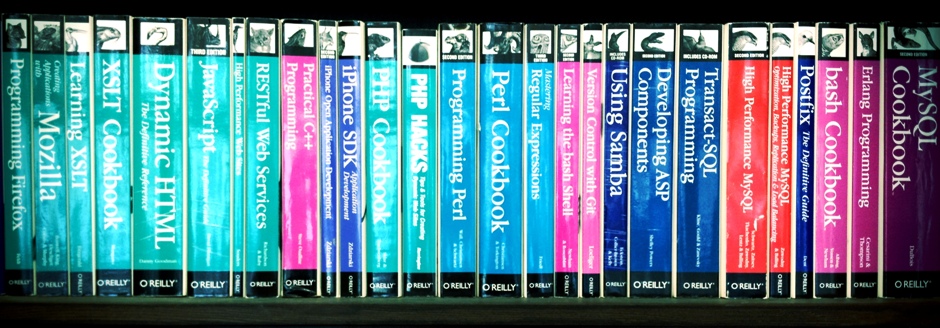We live in the information age. But how do we value information? It’s more plentiful and accessible than ever. More careers are based on its creation, curation, and distribution. But it’s not tangible, it’s easily reproduced, and most people expect it to be free. So can information truly be owned?
Talk on intellectual property – trademarks, copyrights, patents, and trade secrets – spurred a fascinating conversation squarely in our favorite territory- the grey zone between black and white. Okay, so you make a shirt, a customer buys it and wears it for a while but then decides to give it to a friend. Who owns the shirt? How about a record? You record your songs, a fan buys it, listen to it, pass it along to a friend. Still pretty straightforward. But now, instead, your songs are digitally downloaded and that person can then share the album with a thousand ‘friends’. Who owns the music? And do we value its creation or simply dump it into the vast internet bucket of free information?
“When you use something free on the internet, you are the product, not the customer.” coWORKer Viktor Grant made this point a while ago, and we keep coming back to it. If we don’t value information in and of itself, we end up paying indirectly. That music didn’t just magically appear on Pandora Radio. There are real hard costs hidden behind that sound coming through your speakers: musicians, recording studios, computer engineers, servers, and so much more. Thus, the advertisements. You are not the customer; you are the product they are now selling to the guy actually footing the bill (aka the advertiser).
And then there is data. With all of this information flying around suddenly we have data- about you. Who owns that data? For a lot of industries, that information about you (your likes, your friends, your habits) is valuable. And since you are most likely using their service for free, remember, you are the product. So the Googles and Facebooks of the world mine that data and sell it off. coWORKer Chris Frothinger is a data guy. His company Further Fit seeks to help you collect and use information on your own health and fitness. But Chris, on the other hand, makes it very clear that this is your data not his. And this is a paid service, no data mining or advertisers required.
So, just as a little mental/moral exercise, the next time you use information, produce information, or share information, ask yourself about the value of that bit of knowledge. Is it worth the price of a cup of coffee? And if so, who’s paying for it?
Written and photographed by Natasha Juliana. Curious about WORK? Sign up for a free trial!


